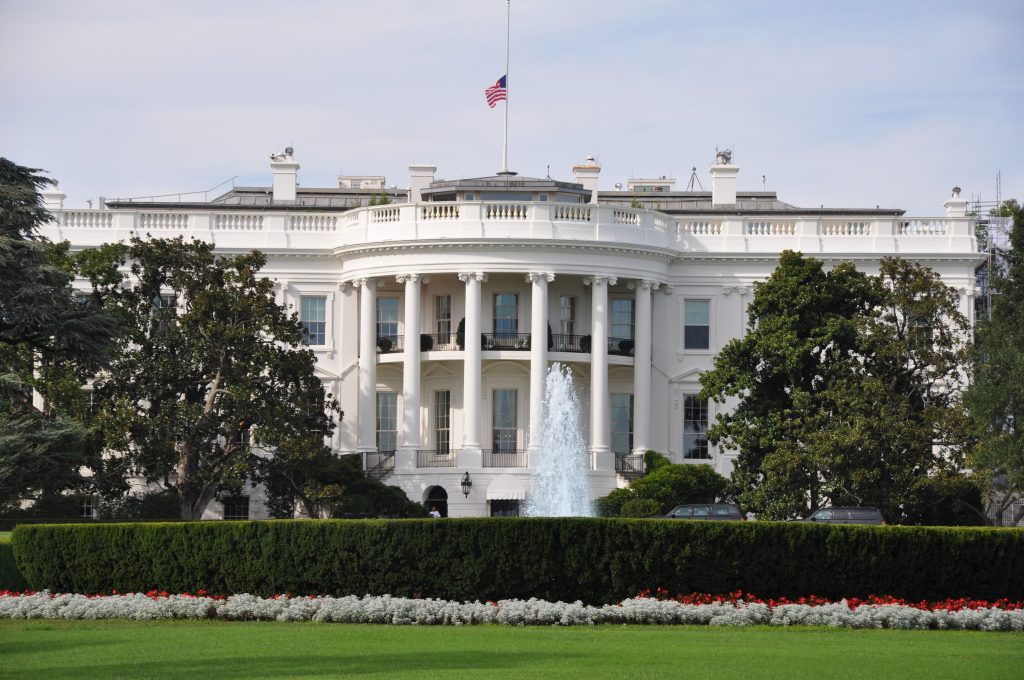On February 10, 2021, President Biden issued Executive Order 14014 “Blocking Property with Respect to the Situation in Burma” (“EO 14014”), which provides for the imposition of sanctions on certain Burmese parties in response to the Burmese military’s coup against the democratically elected civilian government in Burma. In parallel with the issuance of EO 14014, the US Treasury Department’s Office of Foreign Assets Control (“OFAC”) designated thirteen parties on February 10, 2021 and two parties on February 22, 2021 connected to the military apparatus responsible for the coup. OFAC terminated the previous Burma sanctions program on October 7, 2016 through the issuance of Executive Order 13742. Our blog post on the termination of the previous Burma sanctions regime is available here.
Further, on February 17, 2021, the US Commerce Department’s Bureau of Industry and Security (“BIS”) issued a notification that it will apply a presumption of denial for license applications for the export and re-export of items to Burma’s military and security services.
EO 14014 Sanctions
The new sanctions target those who played a leading role in the overthrow of Burma’s democratically elected government and do not prohibit dealings with Burma or the Government of Burma per se. Unlike past sanctions against Burma, the new sanctions also do not restrict investment or the export of financial services to Burma. Rather, EO 14014 authorizes the designation as a Specially Designated National (“SDN”) of any party determined by OFAC, in consultation with the Department of State, to:
- operate in the Burmese defense sector;
- be responsible for or complicit in actions or policies that (a) undermine democratic processes in Burma, (b) threaten Burma’s peace, security or stability, (c) prohibit, limit or penalize the exercise of freedom of expression or assembly or access to print, online or broadcast media, or (d) constitute arbitrary detention or torture or other serious human rights abuses;
- be a leader or official of (a) the Burmese military or security forces, (b) the Government of Burma on or after February 2, 2021, or (c) an entity that has engaged in activities described above or is designated under EO 14014 as a result of the leader’s or official’s tenure;
- be a political subdivision, agency or instrumentality of the Government of Burma or that is owned or controlled by or that has acted on behalf of the military or security forces of Burma or any person designated under the order;
- be a family member of an individual who is designated pursuant to EO 14014; or
- have materially assisted or supported an SDN designated pursuant to EO 14014.
“US Persons” are generally prohibited from engaging in transactions involving SDNs and any entities 50% or more owned by these SDN and property and interests in property of an SDN that comes within the United States or within the possession of control of a US Person must be blocked. The term “US Persons” include (i) entities organized under US laws and their non-US branches, (ii) individuals or entities in the United States, and (iii) US citizens or permanent resident aliens (“Green Card” holders) wherever located or employed.
Export Restrictions
Effective February 17, 2021, BIS will apply a presumption of denial for items requiring a license for export and reexport to Burma’s Ministry of Defense, Ministry of Home Affairs, armed forces, and security services. BIS is also suspending certain license exceptions, in whole or in part, that were previously available to Burma as a result of its current Country Group placement under the Export Administration Regulations (“EAR”), including Shipments of Limited Value (LVS), Shipments to Country Group B Countries (GBS), Technology and Software under Restriction (TSR), and Computers (APP).
In addition, BIS has announced that it is revoking certain previously issued licenses to these departments and agencies that have not been fully utilized, and that it is assessing additional actions relating to Burma, such as Entity List designations, adding Burma to the list of countries subject to the EAR’s military end use and end user (MEU) and military intelligence end use and end user (MIEU) restrictions, and downgrading Burma’s Country Group status in the EAR.



